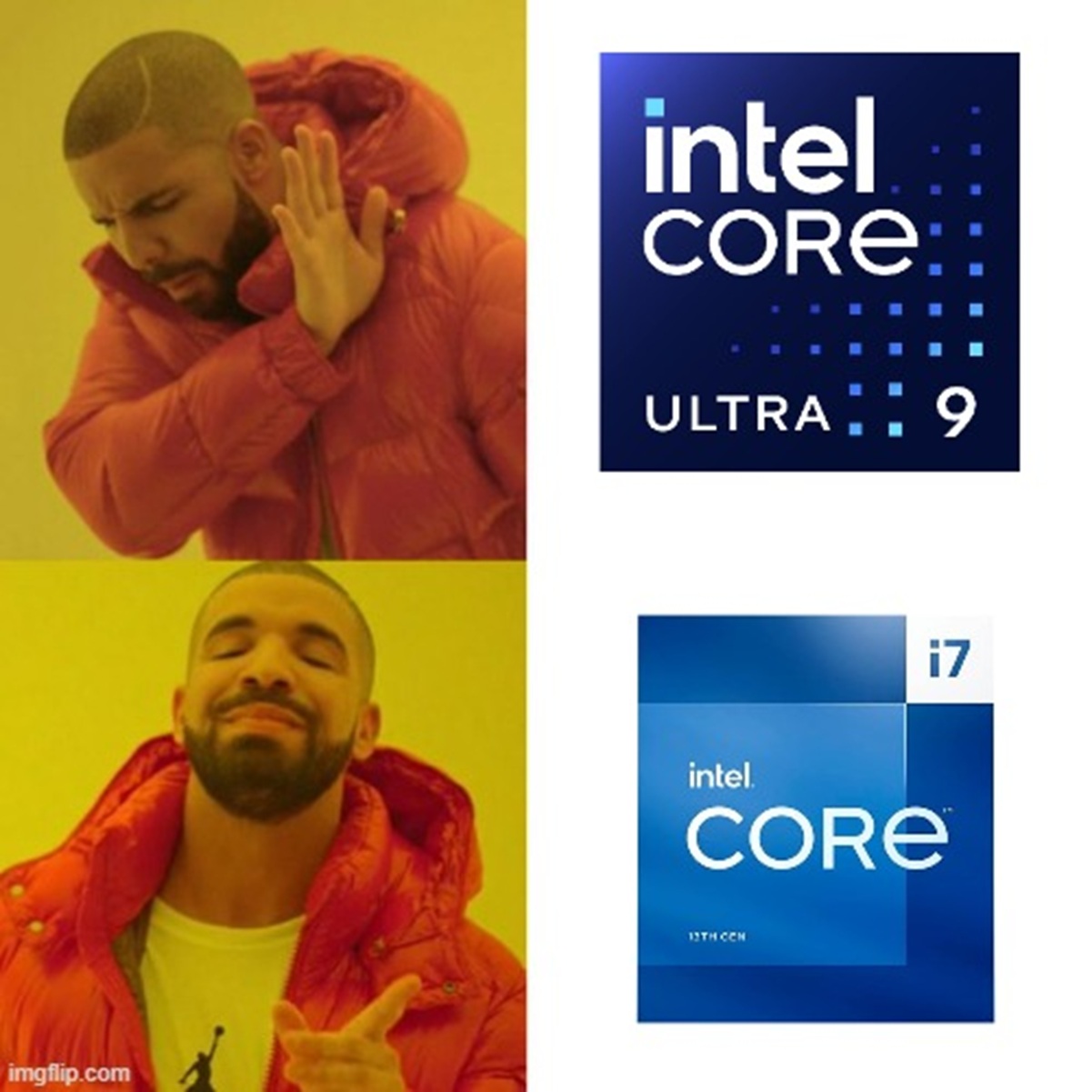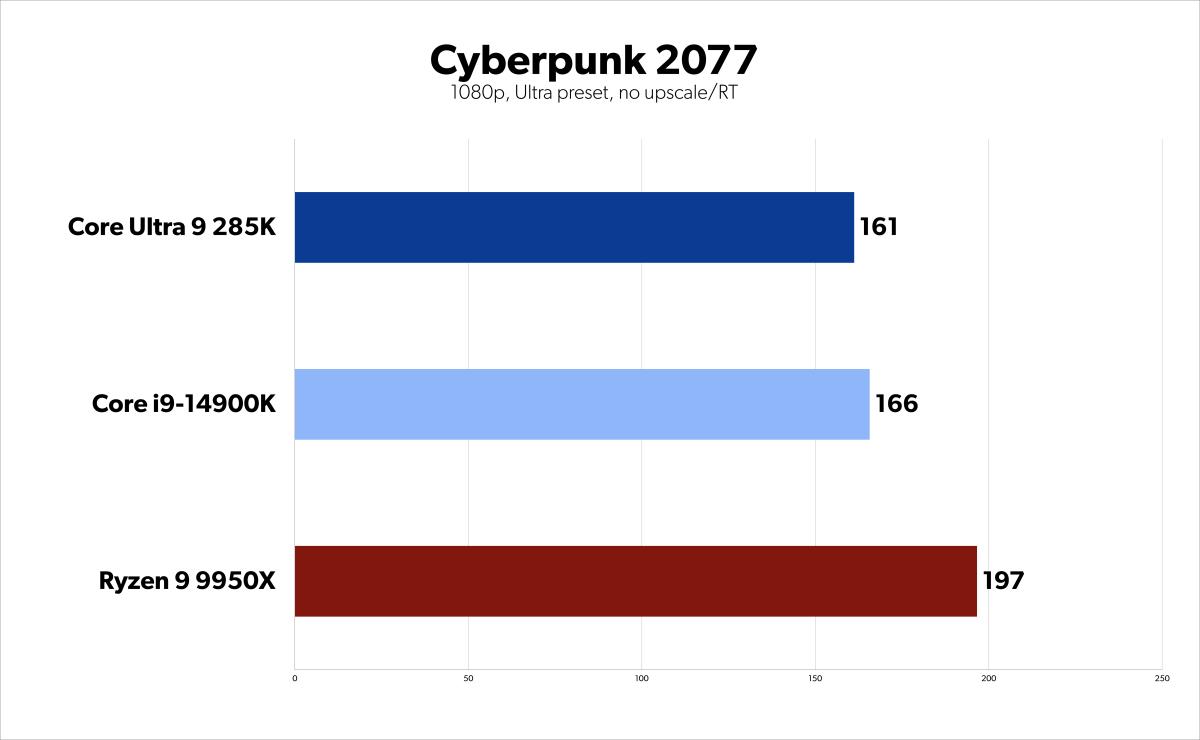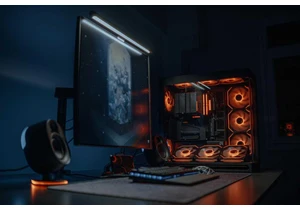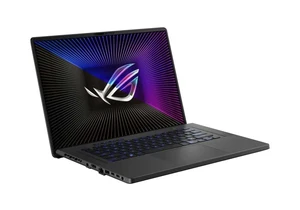To me, the biggest surprise of Intel’s earnings call wasn’t that Intel is selling out of its older chips. It’s that people are finally paying attention.
For years, the mantra in the tech world has been, buy the latest and greatest. The newer, the better. And for some companies, like AMD and Qualcomm, that’s been true.
Not anymore. Intel told Wall Street analysts Thursday that it’s selling out of its “Raptor Lake” processors and that the process technology they’re built upon, Intel 7, is constrained. Put another way, Intel chief financial officer David Zinsner told analysts that Intel is selling more of its years-old 12th- and 13th-gen Raptor Lake (and Raptor Lake Refresh) chips than Lunar Lake.
That’s embarrassing, to be sure. But it caps off years of struggles, which some might say date back to Intel’s inability to move off of the 14nm node for several generations. Is it any surprise that Intel’s new CEO, Lip-Bu Tan, believes that Intel’s organizational structure is bloated?
Maybe, but to most people in technology, the answer is simple: if you deliver processors that don’t improve over their predecessors, why should you expect customers to buy your newest and most expensive chips? Instead, they’ll turn to your older, cheaper processors. And that’s what Intel says is happening — especially with the tariff typhoon blowing hard.

Imgflip.com
(We don’t exactly know if Intel executives were referring to PC makers or consumers themselves. And we don’t know whether consumers are buying Raptor Lake desktop chips or mobile processors, though comparing them to Lunar Lake implies the latter.)
What we do know is that Intel’s own latest Core processors don’t meaningfully surpass Intel’s older chips in performance and, in certain benchmarks, they actually fall short. Just step through our Arrow Lake (Core Ultra 9 285K) review for yourself: In Cyberpunk: 2077, for example, the older Core i9-14900K produced 166 frames per second. The much newer Core Ultra 9 285K? 161 frames per second. Yes, there were power problems and later a performance patch, but that didn’t fix Intel’s reputation.

Adam Patrick Murray & Will Smith / PCWorld
Of course, if you confine the discussion to laptops, the comparison gets ludicrous quickly — there is absolutely no way a Core Ultra (Lunar Lake) chip can keep up with an Intel 13th- or 14th-gen Core HX.
Why would you spend more to get less? That’s clearly the question PC makers and consumers are asking themselves right now, faced with wildly oscillating tariffs and an uncertain economic future that even Intel is wondering will trigger a recession. I was all in favor of Arrow Lake’s promise to halve power for essentially equal performance — total cost of ownership is indeed a thing, and trading reduced power bills for flat performance appealed to me. But Intel didn’t even deliver on that promise, either.
At that point, Arrow Lake as a desktop processor was essentially dead to a large chunk of its enthusiast audience. (In mobile, the Core Ultra 200H/ Arrow Lake chip performed surprisingly well, though that’s also because its predecessors like Lunar Lake tried to shave power, too.)
Tech enthusiasts have been making the argument that, at least on the desktop, Intel really hasn’t offered anything much for years now. Certainly, AMD’s Ryzen chips have offered significant advancements. But that message is finally breaking through to the mainstream, and that’s not good news for Intel.
It all boils down to the simple argument that Intel isn’t offering anything that its older, cheaper chips can’t do. And until they can, it’s hard to believe that Intel can really dig itself out of its hole.
https://www.pcworld.com/article/2763847/everybodys-snapping-up-intels-older-cpus-well-duh.html
Jelentkezéshez jelentkezzen be
EGYÉB POSTS Ebben a csoportban

Bottleneck calculators are looked upon as useful matchmakers of PC ha

Google has a monopoly, and that’s the official line of the US federal

Psst! Don’t tell anyone, but Anker-owned Eufy has a smart display com

PCWorld isn’t a site about cars or trucks, so I thank my editor and y



When you’re traveling, outlets are at a premium. Hotels tend to have
